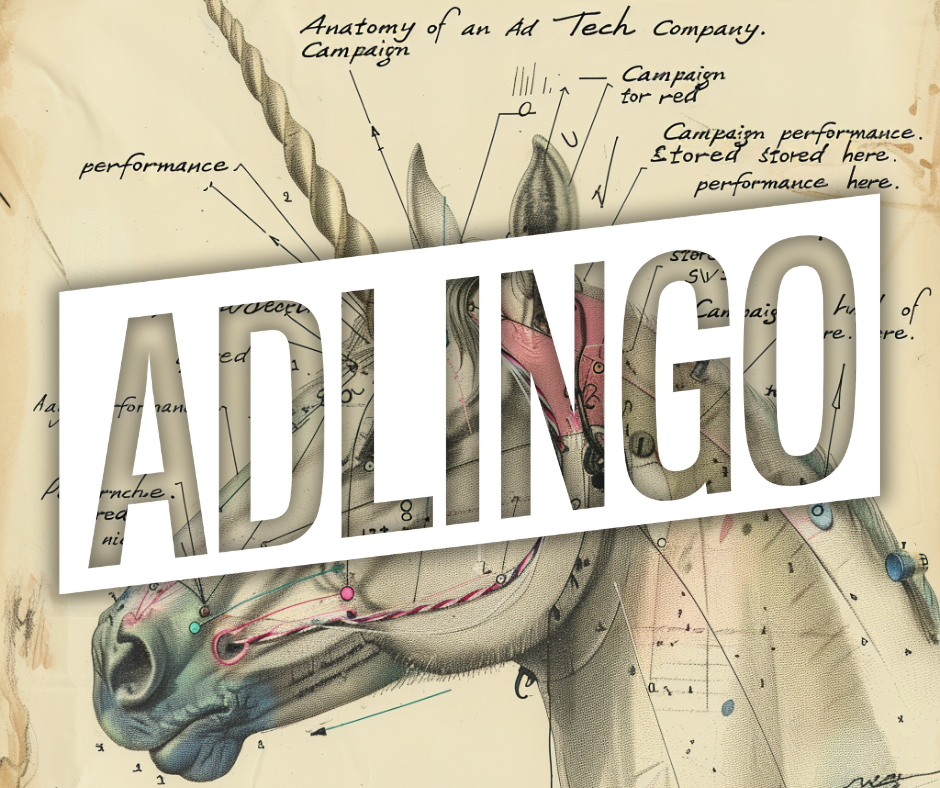So, what exactly is Principal Media?
Principal media, sometimes called inventory media, is where advertising agencies take a more direct role in media buying. Instead of acting purely as intermediaries for their clients, agencies purchase media inventory upfront from publishers. They then resell it to their clients, adding a markup.
It’s like a wholesaler with a velvet rope. Agencies claim ownership over the media inventory and become, in a way, their own media platforms.

In this model, agencies act not as agents working on behalf of their clients but as owners—or “principals”—of the inventory.
What this means for clients is a bit of a shift. On one hand, they’re accessing media inventory that the agency has already locked in, often at a discount. On the other, they’re stepping into a market where challenges like transparency, trust, and cost-effectiveness all come into play.

Why it's not just business as usual
Let’s lay out the stakes.




